Character Creation
Who... Who Are You?
All of this having been said, I must admit that I'm excited to meet and get to know you and our new companions, as you are all such a mystery to me; I'm sure you all have many levels (much like a leek, or maybe the analogy involved an onion... Forgive me, my brain's not what it used to be anymore)- all of which should be exciting to peel back and reveal during our adventure.Sincerely and Eternally Yours, Your Patroness
Character creation for the Into the Wilds campaign is fairly straightforward. If you're familiar with character creation using the Dungeons and Dragons system, you should have little to no problem getting set up... That being said: While it utilizes the 5th edition Dungeons and Dragons system for gameplay, and draws the majority of its elements from the system and its lore? The Saleh'Alire campaign setting exists independent of nearly all established lore in Dungeons and Dragons.
As a result, much of the lore has been heavily modified or redacted to suit the setting. Others- such as some races- have been removed from the setting entirely. More has been homebrewed uniquely for this setting, or added from other independent settings by other creators. It is integral to keep this fact in mind when creating your character.
Because this is a narrative based campaign in a homebrewed setting, there are a few additional things that have changed as well- or which require special attention. This guide is here to help you finalize your character creation process, and ensure your character is compatible with the setting- as well as provide setting specific options for your consideration.
Races & Subraces
Some races and subraces, their lore, and their associated racial features have been changed for the purposes of this campaign. Please refer to the Races and their Ethnicities as detailed in the Phylogenetic Tree for the campaign setting, for any information regarding the races available, any additional information to consider when playing them, and their final racial features where applicable.
Additionally, some races and subraces are outlawed for the sake of simplicity- as well as aiding in rationality and cohesiveness of worldbuilding in this setting; any race not listed on the setting's Phylogenetic Tree, or in the Race Relations Guide or its derivative articles, is not considered suitable for play.
Class and Subclass
Every character for this campaign starts at level 4. Classes and Subclasses for the campaign (except for Warlocks) are exactly the same as those listed in the available books- though their roles have been slightly modified to suit the world of Saleh'Alire, detailed in the Classes Guide. This should be considered when picking a class for your character.
Players are welcome to work with the DM to reflavor- or combine- any class / subclass in order to make them better reflect player desire, or for added thematic interest. However, no direct homebrew classes or subclasses will be allowed outside of any provided in the accepted books listed in the sidebar, unless explicitly homebrewed by the DM.
Character Stats
Player stats will be determined using the Point Buy system. If you've never used the Point Buy system, an online calculator is available here. It will allow you to quickly and easily tune your attribute points according to 5E Point Buy rules- including the appropriate race and subrace modifiers; if your race or subrace is not listed or requires custom racial modifiers, please reference the appropriate books or setting material and manually modify the racial attributes in the appropriate section of the calculator.
Additionally, players get a free feat of their choice at level one.
Keep in mind, too, when designing your character, how their high and low stats will effect their appearance and personality, along with how they perform in their classe; for more information on how stats will likely affect your character, see this post (High stats) and this post (Low stats).
Equipment & Money
For equipment, take the starting equipment for your class, as well as the equipment for your chosen background (minus any gold) and affiliation.
Additionally, every player starts the campaign with a minor magical storage item. Pick one from the following list: Efficient Quiver (replaces your normal quiver), Handy Haversack (replaces your normal backpack), Minor Spell Repository, Bandy's Belt Pouch, or a Light Sack of Holding.
Ignore any money offered by your class, background, or other features; starting money will be determined by the DM after all character information has been determined, and the characters are complete. This amount will be determined per the Tolaran Standard, as provided in the Rules & Expectations document for the campaign.
Backgrounds & Professions
Players may use any background published by Wizards of the Coast for the 5th Edition of Dungeons and Dragons may be used- though some may require a little modification to fit the setting. Additionally, they may choose from several homebrewed backgrounds made specifically for this campaign- including the Slave background, Explorer background, and others; Custom backgrounds are also acceptable with DM approval.
If taking a Profession background, however, please keep in mind the roles of these professions in Saleh'Alire, at outlined in the Professions Guide.
Organizational Affiliations
Several independent organizations and groups exist within Tolara- including various Guilds, Companies, Mercenary Groups, Religious Orders, and many others. Some of these are good, some of them are bad. Some are neutral; others are part of alliances, while many more opperate without any boundaries.
While players can choose to remain unaffiliated, they may also choose to align themselves with one of these groups as a member. Doing so grants them additional perks and equipment throughout the campaign; players are also invited to work with the DM to homebrew or otherwise create a group of (almost) any type with which their character may be affiliated.
Deities & Religion
Divinity is a real force in Saleh'Alire; all Deities are acknowledged in some form or another, and many Sophonts worship at least one of them with some regularity. Like with affiliations, though, their worship isn't a necessary component of character creation. That being said, however, characters of some Classes (such as Clerics and Paladins) are required to worship a Divine (or Semi-Divine) figure in order to properly function in this setting.
For those whose characters rely on or otherwise choose to worship a Deity, they may worship any Divine figure available in Dungeons and Dragons material published from 5E all the way back to 1st Edition. Keep in mind, however, that many Deities, their lore, and their natures may need to be changed in order to reflect the worldbuilding of the setting. Additionally, each race may already have their own religion- such as the Anve'Reldende Elara of the Elves, the Na Diwa of the Illerian and Enethian Humans, the Riet Yngvir of the Giants, and others. Players also have the option of working with the DM to homebrew a different Deity if none of the available ones meet their needs or seem appealing.
Alignment & Reputation
Due to the nature of some potential plot points, alignment and reputation will have tangible meaning and use depending on actions the party takes, and any plots they choose to pursue.
Reputation will follow the standard rules as outlined by the base material provided for the 5th Edition of Dungeons and Dragons. Alignment, its meaning, function, and its viewpoints in this campaign, though, will be based on Matt Colville's view of alignment- as illustrated in his videos here and here.
In other words: Alignment (much like Reputation) will function as a behind the scenes feature, and will shift at the DM's discretion based on character action in game at relevant points- as opposed to being something a player sets once and forgets about. As a result, players don't need to pick an alignment during character creation and are free to pay their characters as if the alignment system did not exist at all. However, they're still expected to make decisions as their characters would, based on their character beliefs and values- as well as be mature about any conflicts that may arise between their characters and others as a result of differences in behavior and belief.
Character History
Though many campaigns begin in the Talaina'vao region of Tolara, characters don't necessarily need to be from the area themselves. Characters can be from any part of Saleh'Alire- including from the kingdoms of Castrillis, Martova, Olienn, or Rusatar. Other regions are also available with DM collaboration.
Regardless of where your character is from, however, all players are asked to keep the Knife Theory in mind when building their character's backstory and history; Knife Theory will be detailed in a different section below.
Character Motivations & Goals
Character motivation is an important driving force in any open world / sandbox campaign. It drives your characters to new locations in pursuit of their goals, influences how they react to situations and the world, and much more. This is true whether that's their desire to become a Master Archivist or High Arcanist, the need to find or purchase their freedom, the desire to become King, found a county, open a shop, save the world, or some other motivation- secret or otherwise.
As a result, it will be a requirement that all players provide at least one significant want, desire, or motivation for their characters during character creation... This motivation can change later, of course, and is not considered permanent or static.
The following books may be used during character creation without DM approval:
❇ 5E Player's Handbook
❇ Elemental Evil
❇ Volo's Guide to Monsters
❇ Sword Coast Adventurer's Guide
❇ Xanathar's Guide to Everything
❇ Tal'Dorei Campaign Setting
❇ Mordenkainen's Tome of Foes
❇ Eberron: Rising from the Last War
❇ Guildmasters' Guide to Ravnica
❇ Explorer’s Guide to Wildemount
❇ Tasha's Cauldron of Everything
❇ Elemental Evil
❇ Volo's Guide to Monsters
❇ Sword Coast Adventurer's Guide
❇ Xanathar's Guide to Everything
❇ Tal'Dorei Campaign Setting
❇ Mordenkainen's Tome of Foes
❇ Eberron: Rising from the Last War
❇ Guildmasters' Guide to Ravnica
❇ Explorer’s Guide to Wildemount
❇ Tasha's Cauldron of Everything
The following books may be used during character creation with DM approval:
❇ Acquisitions Incorporated
❇ Mythic Odysseys of Theros
❇ Tortle Package
❇ Locathah Rising
❇ One Grung Above
❇ Guide to Monster Hunting
❇ Planeshift: Amonkhet
❇ Planeshift: Dominaria
❇ Planeshift: Innistrad
❇ Planeshift: Ixalan
❇ Planeshift: Kaladesh
❇ Planeshift: Zendikar
❇ Unearthed Arcana Releases
❇ Adventure Module Supplements
❇ Mythic Odysseys of Theros
❇ Tortle Package
❇ Locathah Rising
❇ One Grung Above
❇ Guide to Monster Hunting
❇ Planeshift: Amonkhet
❇ Planeshift: Dominaria
❇ Planeshift: Innistrad
❇ Planeshift: Ixalan
❇ Planeshift: Kaladesh
❇ Planeshift: Zendikar
❇ Unearthed Arcana Releases
❇ Adventure Module Supplements
Knife Theory
Knives are important bits of background information a DM can use to make conflict or plots more personal, or otherwise better involve your character; think about the following while creating your character and attempt to provide answers for at least 5 of the following items; these Knives should be varied- though they don't have to be detailed or negative in nature.❇ Named sibling or parent- living or dead
❇ Named romantic interest- past or present
❇ Enemy of your character, or type of person they dislike / distrust
❇ Any titles your character has with an organization, person, or kingdom
❇ Any ongoing obligation or loyalty, or an obligation your character has failed
❇ A favored item, heirloom, or trinket from their past
❇ Something your character grossly dislikes- or really enjoys collecting or doing
❇ Any noticeable cosmetic flaws or disfigurements- or outstanding physical traits
❇ Any noticeable behavioral quirks or compulsions
❇ A phobia or trauma your character has experienced
❇ Any outstanding skills or abilities your character has
❇ A mystery in your character's life (e.g. unknown parents, unexplained powers)
❇ Problems, goals, or issues your character is dealing with
❇ A crime your character has committed, or been accused of (true or not)
❇ Any discrimination experienced (e.g. fantasy racism)
❇ A secret your character is keeping
Secrets, Lies, & Rumors
Secrets, Lies, and Rumors represent something unknown about your character- maybe even a little mysterious. Like Knives, they can add more depth and intrigue to a character, and expand roleplaying hooks and opportunities. Take the time to consider how those around you would view your character, and write out 3 rumors related to their reputation. 1 should be good, 1 should be bad, and 1 should be neutral. Additionally, provide one secret for your character (this secret does not count against your player's Knives as established above).The Secrets and Rumors show below are great examples taken from the first Aliran campaign, The Seeker's Blessing, and belong to the original character Edric e'Teasem (played by Patty).
I heard he was found in Prince Yorlan's bed and that's why he had to leave. Neither family looked too fondly on that- and who would? The scandal of the royal heir in another's bed? It's unacceptable even if Edric is the son of the High Arcanist and High Archivist!— Jilted ex-lover
Edric? That e'Teasam slag? Oh he was once courting a Milonan noblewoman... But she caught him with one of her favorite handmaidens. His father cut him off from his inheritance and disowned him after that... Waste of a good title, if you ask me!— Petty son of a lesser
Eris'kan Nobleman
Partyboy ... Playboy ... Both are true- and the boy's arrogant and insufferable on top of it all, too ... But he's probably one of the fastest learners in College history; I hate to admit it, but the boy's actually got a knack for the Arcane Arts.— Professor of Arcane History;
College of the Five Stars






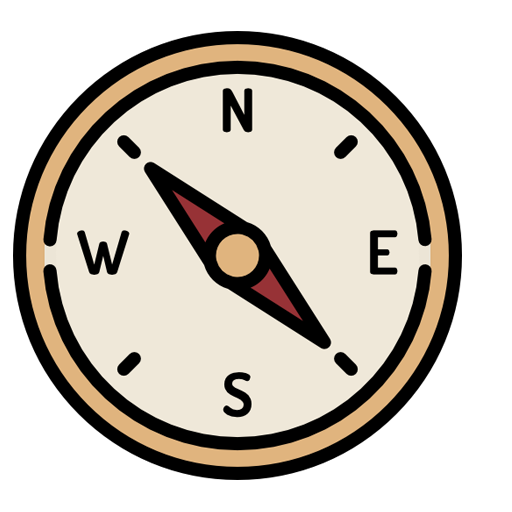
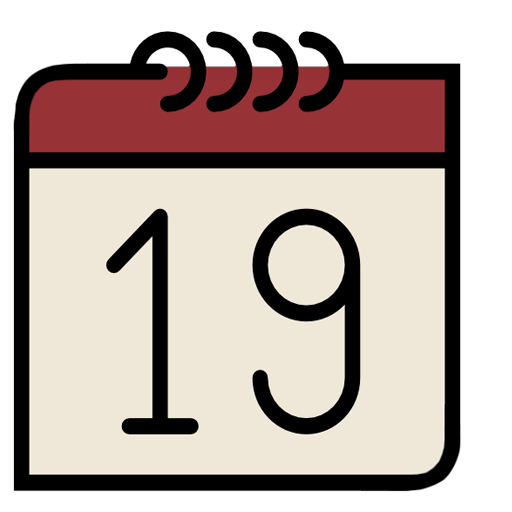

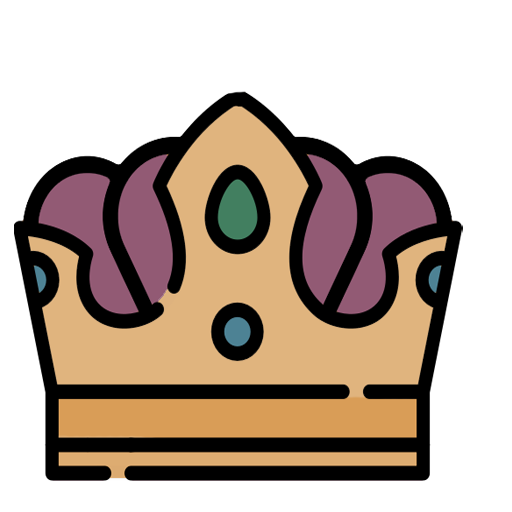


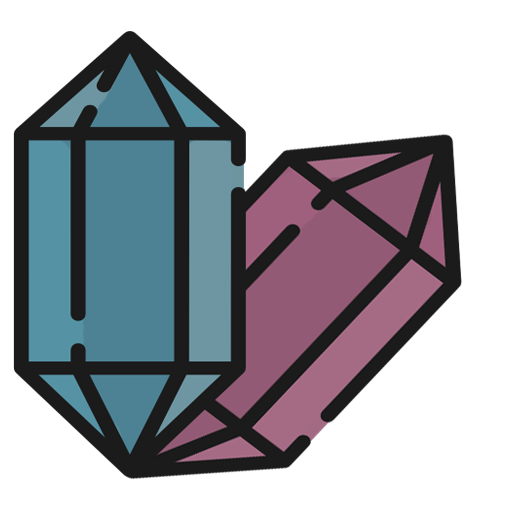








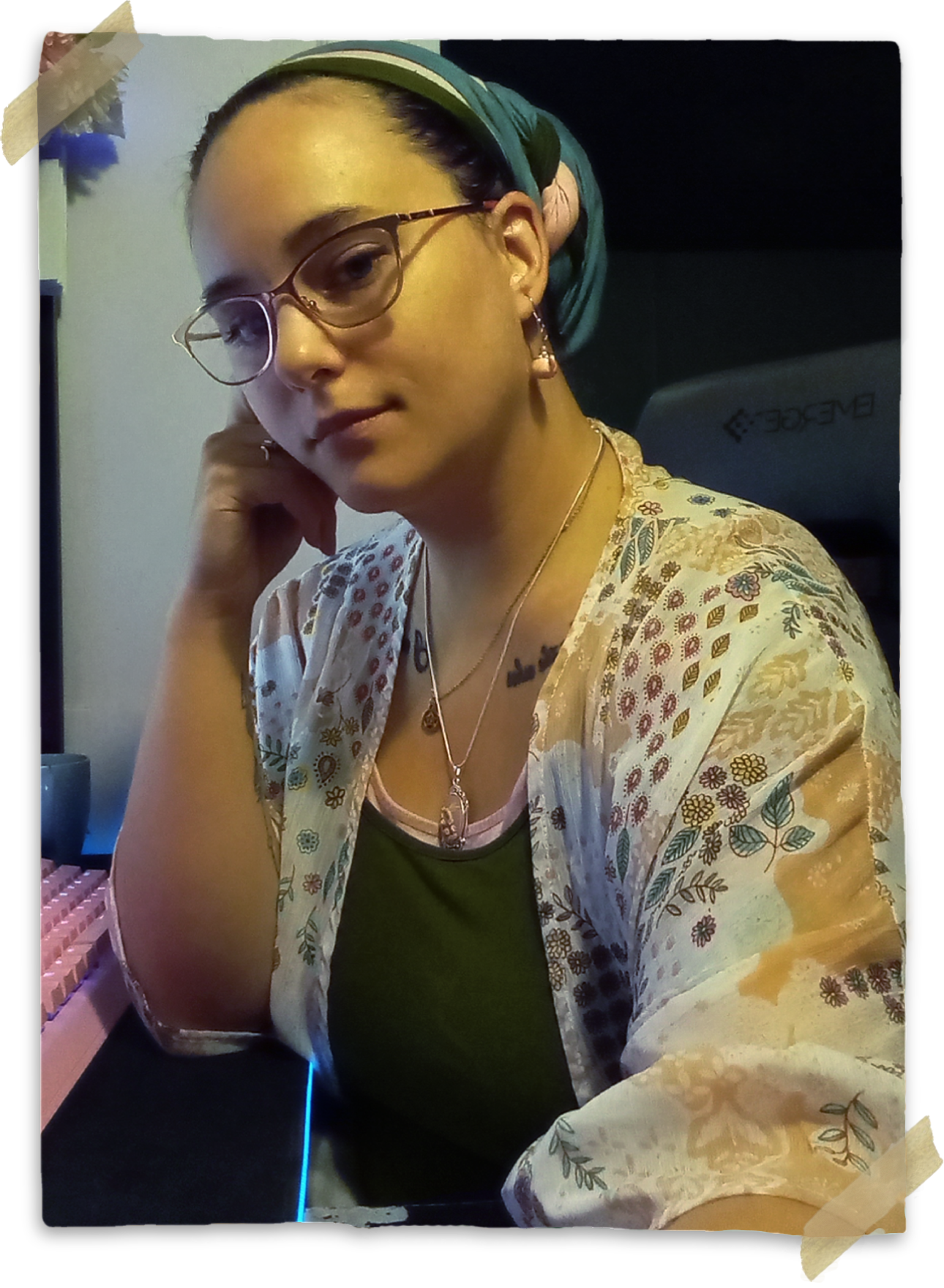
Comments
Author's Notes